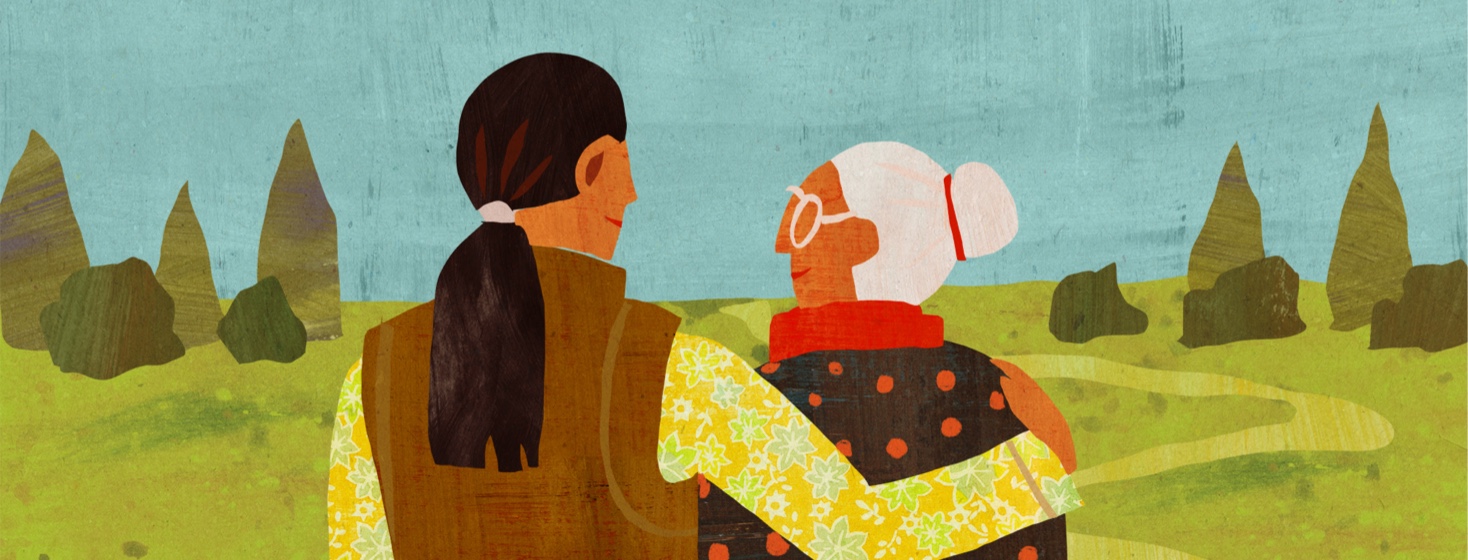Advocate Talk, And A Little Patient Reflection
I was a healthcare advocate for my husband (pulmonary fibrosis) and mother (lung cancer). Both experiences were different and the same. I’ve also been a lung cancer patient, not a cakewalk either.
I’ll start with advocate
Being your spouse’s advocate is sort of a given. No one questions it and your spouse trusts you implicitly. If you have children, they look to you for comfort and reassurance. They know all that can be done is being done and they trust you too because, regardless of their age, you communicate appropriately and honestly with them. Your spouse and children know that you are on top of every little thing. You do your best to include loved ones that are part of the extended family so everyone’s feelings and worries are acknowledged. Juggling your own feelings and doing your job as an advocate rests a formidable responsibility on your shoulders.
Being your parent’s advocate is not a given if you are part of a sibling group; but if you are tapped for that responsibility, most likely, like me, you are honored to be trusted with such an important part of your parent’s care. The difference here is that your parent obviously trusts you but it becomes your job to build trust with your siblings, even though they probably already trust you. Of course, you love each other. And, of course, they know you’ll be on top of things and you will keep them informed of everything that happens at doctor appointments. Naturally, the more you communicate, the more they trust you. Being sure you get answers to all of their questions and concerns builds trust too. They know you are doing your best to be on top of everything during those appointments. Your siblings know you'll get answers to the unexpected questions that come up. And they know you'll field phone calls with providers when issues arise when least expected. Juggling your own feelings and doing your job as an advocate rests a formidable responsibility on your shoulders.
Lessons learned
Here’s what I’ve learned about being an advocate: you do it willingly, you do it out of love. And I’d venture to say, you’ll do it again, willingly, for someone else you love. You'll do it regardless of the formidable responsibility it places on your shoulders.
Yes, the responsibility is overwhelming, it is draining, it is fraught with complicated feelings. But it is done out of and with love. I would not change anything I did for my husband or my mom. There were hiccups in both instances, for sure. You learn to work past obstacles. Ultimately, your goal is to provide peace of mind for your loved one. You want them to know that 'you’ve got this' for them.
From a patient
I know what it feels like to place that responsibility in someone else’s hands. I've been the patient. It is one thing to draw up the legal document that will put someone in charge on your behalf somewhere in the distant future. It is quite another to be diagnosed with lung cancer and faced with circumstances that may call that document into play. I fully trust my person. I also know the formidable responsibility I am placing on their shoulders. I do not take that lightly. If you've never been an advocate you don’t know how all-encompassing it can be.
No regrets
Nothing trumps being the patient; being the healthcare advocate/caregiver/loved one is not a walk in the park. We need to show them love, patience, and support. My husband and mom both passed away. The time I spent helping them on their journey will be part of me forever, a good part. I learned a lot about myself and a lot about love and I am grateful that they trusted me to be by their side.

Join the conversation